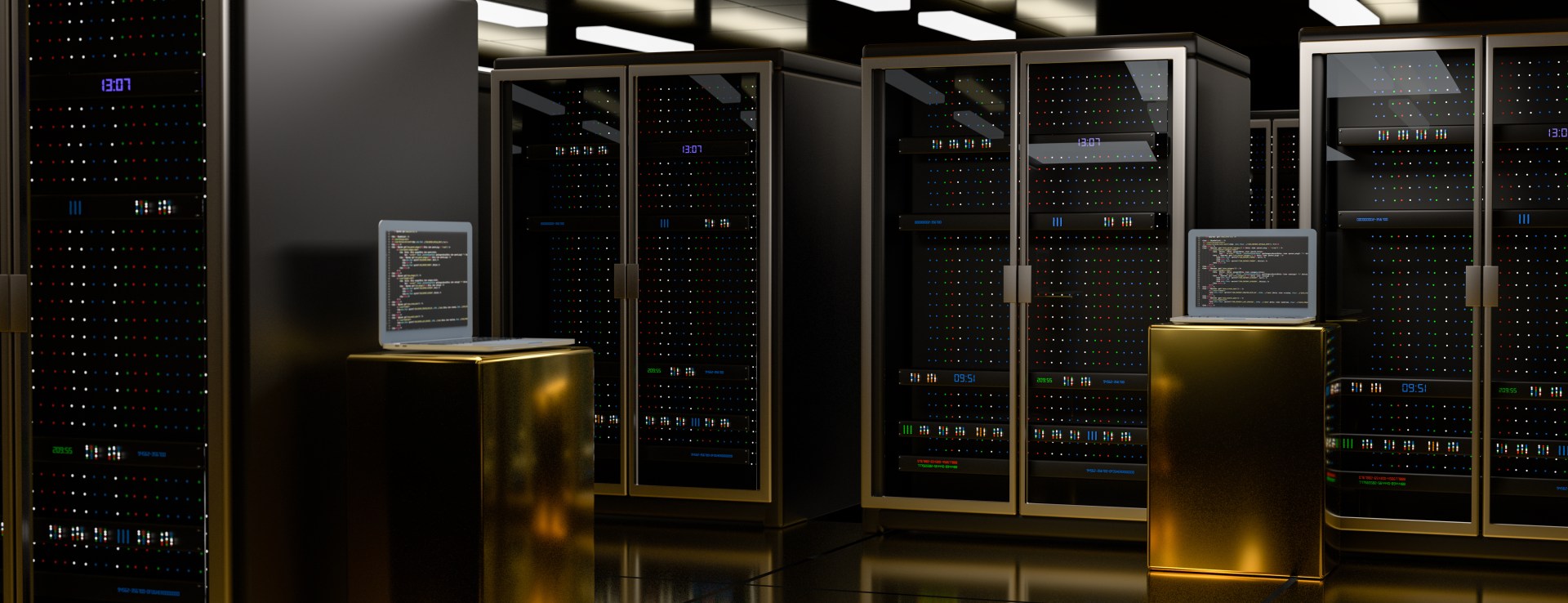

DevOps has really taken the world of software development by storm. DevOps, a set of principles that promote collaboration and automation between development and IT teams, has become the foundation of modern software development. Infrastructure plays an important role in creating space for the DevOps processes. Bare metal cloud, with its unique abilities, has emerged as an amazing solution for testing within the DevOps lifecycle. Here, we are going to explore how bare metal cloud can accelerate and even enhance DevOps.
Before diving into the benefits of using bare metal cloud for DevOps, let’s briefly go over what bare metal cloud is. Essentially, bare metal cloud is a computing model that offers dedicated physical servers to users. Unlike traditional cloud services that use shared servers, bare metal cloud provides exclusive access to hardware. This characteristic sets the stage for its advantages in the context of DevOps.
One of the most attractive advantages of bare metal cloud for DevOps is the high-end performance. DevOps processes often involve resource-heavy tasks, such as continuous integration (CI), continuous delivery (CD), and automated testing. The dedicated physical servers in a bare metal cloud setting offer reliable and high-performing resources, ensuring that these processes are swift and reliable.
Bare metal cloud eliminates the “noisy neighbor” effect that often takes place in shared virtualized environments. In traditional clouds, virtual machines running on the same physical server fight for resources, possible fluctuations in overall performance. Bare metal cloud’s isolation means steady performance, making it an ideal choice for DevOps tasks that require reliability.
Because of the flexibility bare metal cloud provides users when it comes to configurations, DevOps teams are supported. Whether it’s selecting processors, memory sizes, or storage types, customization keeps the user in charge of the infrastructure, so it aligns perfectly with the needs of the DevOps environment.
Scalability is a fundamental of DevOps. Bare metal cloud solutions make way for scalability, enabling DevOps teams to add or remove servers as needed to accommodate workload changes. This agility ensures that resources can be allocated efficiently to meet the demands of development and testing processes.
DevOps often involves processing and transferring large volumes of data, especially in moments when extensive testing is required. Bare metal cloud solutions equipped with high-speed networking and ample storage capacity are well-suited for efficiently managing and processing data-intensive workloads.
Running CI/CD pipelines is so much more efficient with bare metal cloud’s performance and isolation combination. The fast and predictable infrastructure keep builds, tests, and deployments running smoothly and quickly, enabling a streamlined process.
Automated testing is a necessary piece of the DevOps pipeline. Bare metal cloud’s high-performance servers can handle the execution of extensive tests, including unit tests, integration tests, and load tests. This allows DevOps teams to identify and resolve issues easier.
Containers, managed by tools like Kubernetes, have become integral to DevOps workflows. Bare metal cloud provides the necessary resources to run containerized applications with low overhead, ensuring optimal performance and scalability.
One big way bare metal cloud shines is in big data and analytics. DevOps teams dealing with data-driven applications and analytics can really benefit from bare metal cloud’s ability to handle data-intensive workloads. The system props them up to process and analyze large datasets, making insights and decision-making attainable that much faster.
In cases where DevOps requires significant computational resources, such as with simulations or AI training, bare metal cloud solutions with powerful GPUs can be used to achieve faster results.
While bare metal cloud has many benefits for DevOps, there are a few thoughts to keep in mind:
Related Resources:
Bare Metal Cloud for DevOps: Streamlining Deployment and Testing
Bare Metal Cloud for High-Performance Computing: Applications and Benefits
Bare Metal Cloud Security: Ensuring Data Protection and Compliance
Bare Metal Cloud vs. On-Premises Infrastructure: Making the Right Decision
Comparing Bare Metal Cloud vs. Traditional Cloud Services: Pros and Cons
Bare Metal vs Cloud – What You Should Consider
Bare Metal vs Dedicated Server – What You Need To Consider

Discover the DataBank Difference today:
Hybrid infrastructure solutions with boundless edge reach and a human touch.